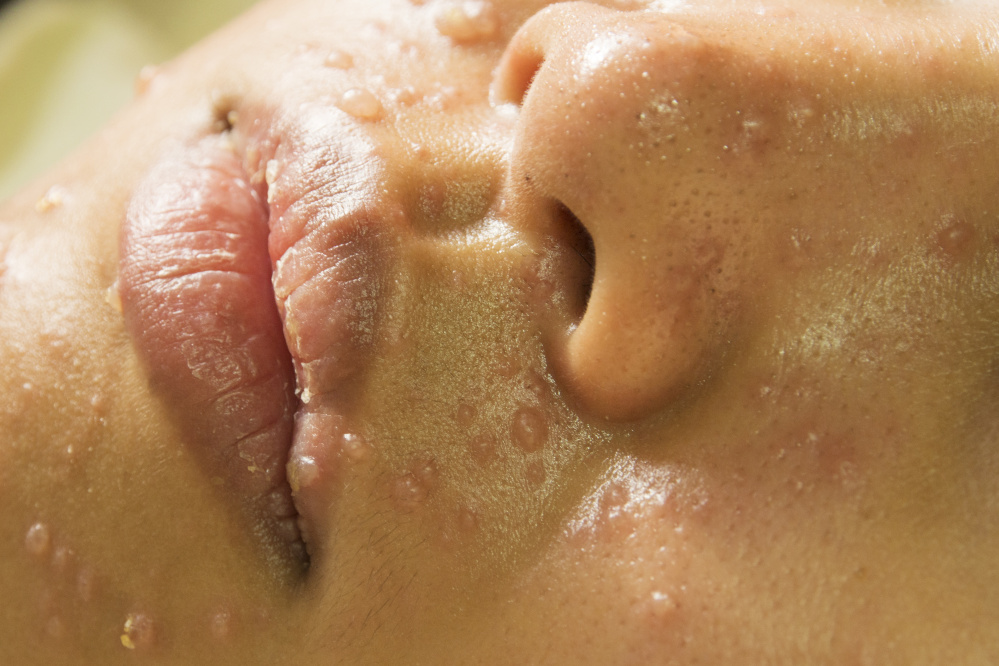A bunch of sick kids. More placed in danger. All of their lives disrupted for weeks, along with the lives of their parents and other caretakers. That’s what an outbreak looks like — and all of it is entirely preventable.
When parents decide not to vaccinate their children, they not only put their child’s health in peril, but also the health and well-being of those around them. One sick child can spread not only an illness, but also disruption and anxiety that extends far beyond that one family.
Maine is in more danger of this sort of outbreak than most states. State law allows parents to opt out of vaccinations for philosophical or religious reasons, and in 2016-17, the opt-out rate for children entering kindergarten was 4.8 percent, seventh-highest in the nation, and more than double the national average.
Some kids with compromised immune systems cannot receive vaccinations, and in any gathering of children — playground, grocery store, day care — there are bound to be children too young to have yet received their shots. So when other parents refuse to vaccinate — usually out of unfounded fears that vaccines are harmful — it makes it more likely that an outbreak will occur.
A recent case at a Westbrook day care center shows what can happen. Five children came down with the chicken pox, a potentially dangerous illness that is easily preventable by vaccine. All unvaccinated children at the center — both those who have not been vaccinated by parental choice and those who are too young — must now be quarantined at home for 21 days, an incredible burden on working parents in addition to a fitful time.
A similar case in Yarmouth two years ago sent five children home, causing young students at the very least to miss valuable school days.
The school in Yarmouth that year had a low opt-out rate — 2 percent, the superintendent said — so there was a cap on the amount of disruption an illness could cause.
But what if it had happened in one of the Maine schools where the rate is 10 percent or more?
It would likely look like what occurred in Minnesota last year, when a measles outbreak slammed the Somali community. Opt-out rates there had soared in the previous year after a visit from a notorious anti-vaccination activist, who spread lies about vaccines based on falsified and debunked studies.
Or it would look like California in 2010, when a whooping cough outbreak fueled by low vaccination rates led to 9,000 sick children and 10 infant deaths.
Not coincidentally, Maine has a high rate of whooping cough cases — 21.1 per 100,000 people in 2015, compared to 10.3 per 100,000 nationwide.
Maine is in danger of such outbreaks large and small as long as its opt-out rate stays so high, particularly in the pockets where it far exceeds the national average. A bill that would have forced parents opting out for philosophical reasons to first consult with a medical professional failed to overcome Gov. Paul LePage’s veto in 2015.
Lawmakers should revisit that idea when LePage is no longer in office next year.
And parents who refuse to vaccinate their children should consider what they are doing to other young kids in their communities.
Send questions/comments to the editors.



Comments are no longer available on this story